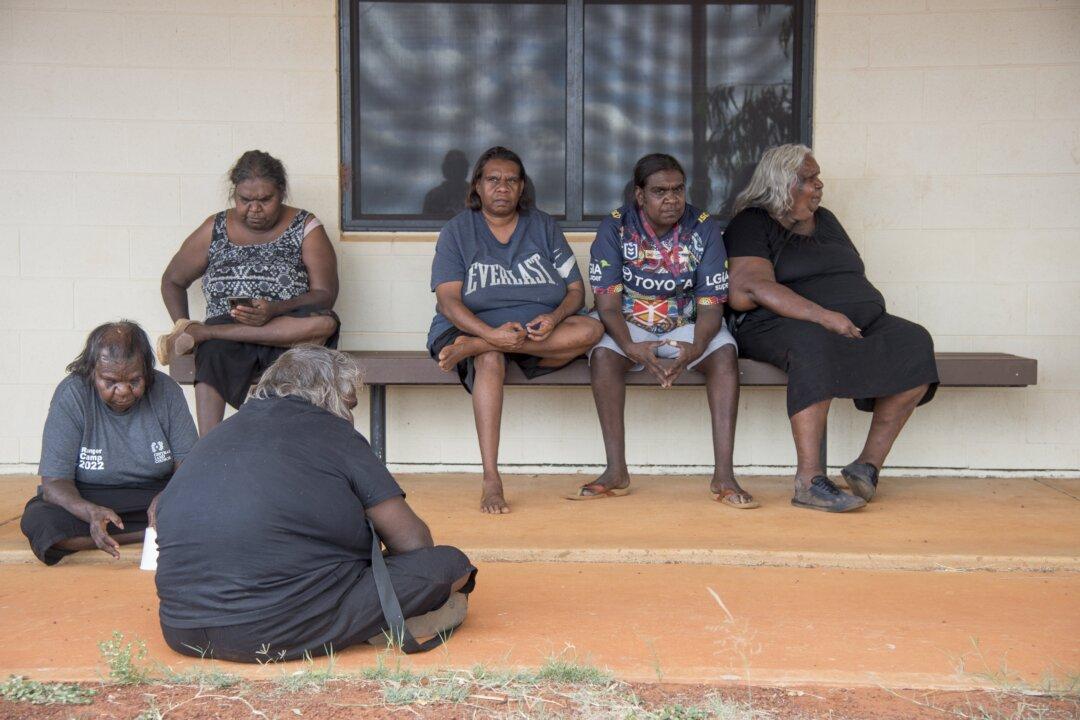Passing the Indigenous Voice to Parliament is about fixing the discrimination of the past and a “moral question” of who Australia is as a country and what the people want it to be in the future, says constitutional law expert Shireen Morris from Macquarie University.
“A Voice isn’t about erasing Indigenous diversity, it’s about empowering the Wik, the Yolngu ... It’s about enabling local solutions to local problems through partnership and mutual responsibility,” she said during a debate on The Voice hosted by the Centre of Independent on March 4.





